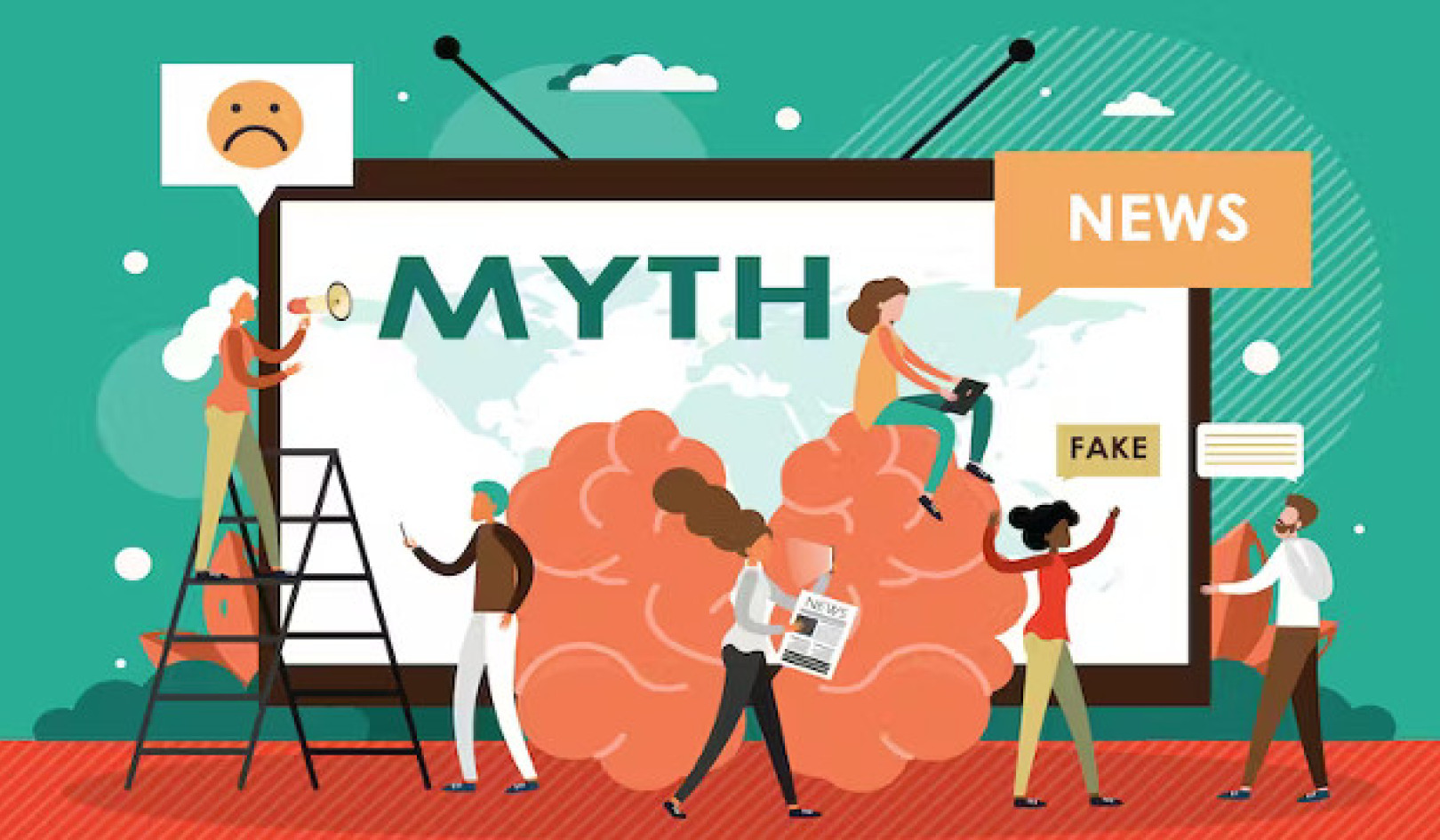
Receiving criticism in the workplace, whether on written reports and projects, presentations or performance reviews, can make us doubt ourselves. It can feel impossible not to take criticism personally because many of us tend to get our self-worth from our careers.
As an academic, I deal with criticism all the time, from feedback on my research to evaluations of my teaching. Sometimes, I feel like the criticism is directed at me personally, and not at the content of what I have written or the quality of my lectures.
In these moments, I try to disentangle my sense of self-worth from what I do and how others perceive me. The work of Hannah Arendt is particularly helpful here. In her book, The Human Condition (1958), the German-Jewish political thinker makes a distinction between “who” we are and “what” we are. She writes:
In acting and speaking, men show who they are, reveal actively their unique personal identities and thus make their appearance in the human world … This disclosure of ‘who’ in contradistinction to ‘what’ somebody is – his qualities, gifts, talents, and shortcomings, which he may display or hide – is implicit in everything somebody says and does.
For Arendt, who we are is synonymous with our unique personalities. But describing someone’s personality is impossible. Words cannot adequately capture what makes someone who they are. When we try, Arendt argues, words fail us, and we end up describing what someone is: their skills, character traits and flaws.
Our attributes (what we are) do not make us unique. What distinguishes a teacher, who has red hair and green eyes, who treats their students with kindness, and who gets along with their colleagues easily, from another teacher with the same features?
Disclosing who we are
Arendt writes that people disclose who they are when they speak and interact with others, concluding that this can only take place in public. What she means is that someone’s personality shines through their words and actions. For example, what makes a teacher unique is how they show kindness and understanding to their students in their own way – which no one else can replicate.
If our personalities only shine through in public, then it can lead us to believe that our sense of self-worth is largely in the hands of others. Who we are seems inextricably linked to how others perceive us and their evaluation of what we do. The teacher’s uniqueness appears to be entirely dependent on how their students perceive their interactions.
However, Arendt’s reflections on the public nature of our personalities can actually help us avoid taking criticism personally. Even though who we are is perceived by others, we are not fully determined by their opinions of us. This is because descriptions and evaluations of what we do can never capture who we are.
More often than not, criticism merely offers an assessment of what we are. Arendt’s distinction between who and what we are reminds us to uncouple our sense of self-worth from the opinions of others. It can help us realise that we are infinitely more than someone else’s assessment of our work.
If your boss tells you that your writing could be clearer, that you should come more prepared for the next meeting or that you need to be a better team player, they are not saying anything about who you are as a person.
When Arendt claims that our personalities are in the hands of others, she means that we cannot control what others think of us. We can try our best to show that we are kind, easygoing and good at what we do. We can even try to appear in a certain way or to persuade others to change their opinions of us. But we simply cannot force others to perceive us how we would like them to.
So, if revealing who we are is outside of our control, then why even try to prove ourselves to others? Why take someone’s criticism to heart when we can’t necessarily change their opinion of us?
Arendt is convinced that revealing our unique personalities is still worthwhile. She maintains: “although nobody knows whom he reveals when he discloses himself in deed and word, he must be willing to risk the disclosure.”
There is no guarantee that others will see us how we see ourselves, or that we can avoid criticism entirely. But without taking the risk of revealing our unique personalities, we forfeit the opportunity to show others who we are and what we are capable of.![]()
Samantha Fazekas, Teaching Fellow in Political Philosophy, Trinity College Dublin
This article is republished from The Conversation under a Creative Commons license. Read the original article.

Books Improving Attitude and Behavior from Amazon's Best Sellers list
"Atomic Habits: An Easy & Proven Way to Build Good Habits & Break Bad Ones"
by James Clear
In this book, James Clear presents a comprehensive guide to building good habits and breaking bad ones. The book includes practical advice and strategies for creating lasting behavior change, based on the latest research in psychology and neuroscience.
Click for more info or to order
"Unf*ck Your Brain: Using Science to Get Over Anxiety, Depression, Anger, Freak-Outs, and Triggers"
by Faith G. Harper, PhD, LPC-S, ACS, ACN
In this book, Dr. Faith Harper offers a guide to understanding and managing common emotional and behavioral issues, including anxiety, depression, and anger. The book includes information on the science behind these issues, as well as practical advice and exercises for coping and healing.
Click for more info or to order
"The Power of Habit: Why We Do What We Do in Life and Business"
by Charles Duhigg
In this book, Charles Duhigg explores the science of habit formation and how habits impact our lives, both personally and professionally. The book includes stories of individuals and organizations who have successfully changed their habits, as well as practical advice for creating lasting behavior change.
Click for more info or to order
"Tiny Habits: The Small Changes That Change Everything"
by BJ Fogg
In this book, BJ Fogg presents a guide to creating lasting behavior change through small, incremental habits. The book includes practical advice and strategies for identifying and implementing tiny habits that can lead to big changes over time.
Click for more info or to order
"The 5 AM Club: Own Your Morning, Elevate Your Life"
by Robin Sharma
In this book, Robin Sharma presents a guide to maximizing your productivity and potential by starting your day early. The book includes practical advice and strategies for creating a morning routine that supports your goals and values, as well as inspiring stories of individuals who have transformed their lives through early rising.





















